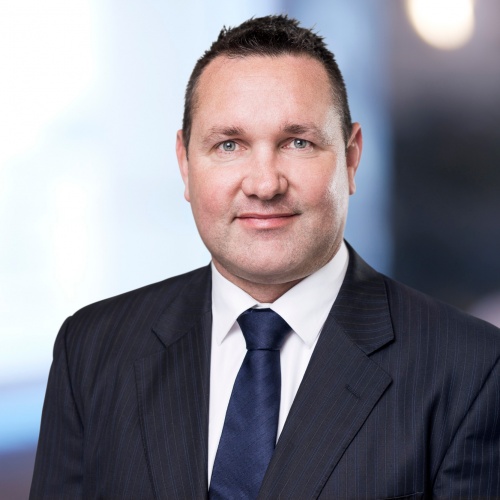Business Trends and Future Challenges for Geelong Businesses.
Share

Geelong and its surrounding suburbs have experienced significant growth and transformation in the last 5-15 years.
A vibrant regional hub, Geelong now boasts a diverse economy, a thriving business community, and a strong focus on innovation. In this article, we’ll explore the current business trends in Geelong and discuss the challenges that lie ahead.
Business Trends in Geelong
Advanced Manufacturing and Technology
Geelong has emerged as a leader in advanced manufacturing and technology. The region’s world-class capabilities in precision engineering, robotics, and additive manufacturing attract investors and entrepreneurs. Collaborations between local universities, research institutions, and industry players drive innovation and create new opportunities.
Health and Medical Services
Geelong’s healthcare sector is expanding rapidly. With state-of-the-art hospitals, medical research centers, and a growing aged care industry, the region offers significant potential for businesses in health services, pharmaceuticals, and biotechnology.
Tourism and Hospitality
Geelong’s stunning waterfront, surf coast and the bellarine peninsula, cultural attractions, wine regions, and proximity to the Great Ocean Road make it an attractive destination for tourists. The hospitality industry is thriving, with boutique hotels, restaurants, and cafes catering to both locals and visitors.
Education and Training
Geelong hosts several educational institutions, including Deakin University and The Gordon TAFE. The demand for vocational training, skill development, and lifelong learning presents opportunities for businesses in education and training services.
Challenges Facing Geelong Businesses
Workforce Skills and Talent Retention
As Geelong grows, businesses face the challenge of attracting and retaining skilled workers. Developing a pipeline of talent through partnerships with educational institutions and offering competitive employment and personal development packages will be crucial.
Infrastructure and Connectivity
Investment in infrastructure, including transport, digital connectivity, and utilities, is essential for sustained economic growth. Geelong must continue to improve its connectivity not only to Melbourne and other major cities but also the Geelong city centre to the various suburbs and hubs.
Economic Diversification
While Geelong’s manufacturing and healthcare sectors are strong, diversification is vital. Encouraging and supporting startups, supporting small businesses, and fostering entrepreneurship will enhance resilience and reduce dependence on specific industries.
Environmental Sustainability
Balancing economic growth with environmental conservation is a pressing issue. Businesses must adopt sustainable practices, reduce emissions, and contribute to Geelong’s transition to a low-carbon economy.
Housing & Land Prices
COVID saw house and land prices in the region increase significantly and have held those increases despite a transition market. This increase has eroded one of the regions previous strengths, being affordable housing. While housing is still more affordable than Melbourne and its surrounding area, the margin between the two has decreased significantly.
Conclusion
Geelong’s business landscape is dynamic and promising. Its connection to community, through sports, the arts and business is a major factor in the regions work life culture.
By capitalising on emerging trends, addressing challenges, and fostering collaboration, local businesses can contribute to the region’s continued success.







